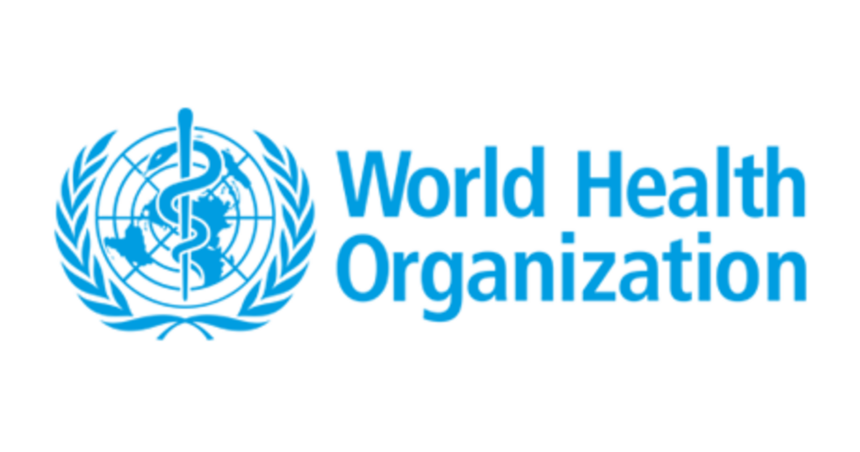World Health Organization (WHO) Regional Office for Africa has called for increased efforts to improve vaccination rates in Africa, as 1 in 5 children remain under-vaccinated.
The Acting WHO Regional Director for Africa, Dr. Chikwe Ihekweazu, in his 2025 African Vaccination Week Message, said, about 6.7 million children received no vaccines at all in 2023, highlighting the need for sustained action to protect children’s health.
Dr. Ihekweazu also stressed the importance of immunization in preventing childhood illnesses and deaths. “Vaccines have saved an estimated 154 million lives over the past 50 years, reducing infant mortality by 40% and protecting people from more than 30 deadly diseases,” Dr. Ihekweazu said.
The WHO Regional Office for Africa is working with countries and partners to strengthen health systems, increase access to vaccines, and promote awareness about the importance of immunization. The organization is also supporting efforts to address vaccine hesitancy and misinformation, which can hinder vaccination efforts.
As part of the African Vaccination Week 2025 celebrations, the WHO is urging governments, health workers, and communities to work together to ensure that every child has access to life-saving vaccines.
“Immunization is a fundamental right, a shared responsibility, and a vital investment in our future,” Dr. Ihekweazu said. “Let us work together to protect the health and well-being of our children and communities.”
The theme for African Vaccination Week 2025, “Immunization for all is humanly possible,” highlights the progress made in immunization efforts and the work that remains to be done. The WHO is committed to supporting countries in achieving equitable access to vaccines and strengthening their health systems.
Recent successes in vaccine development and distribution, such as the introduction of new vaccines for malaria and human papillomavirus (HPV), offer promising opportunities for improving health outcomes in Africa.
The WHO is working with countries to integrate these new vaccines into their immunization programs and ensure that they reach the most vulnerable populations.
In addition, the WHO is supporting efforts to strengthen health systems and improve vaccine delivery. This includes working with countries to develop robust vaccine distribution networks, train healthcare workers, and monitor vaccine coverage.
By investing in immunisation, countries can reduce the burden of vaccine-preventable diseases and improve the health and well-being of their citizens.
WATCH TOP VIDEOS FROM NIGERIAN TRIBUNE TV
- Let’s Talk About SELF-AWARENESS
- Is Your Confidence Mistaken for Pride? Let’s talk about it
- Is Etiquette About Perfection…Or Just Not Being Rude?
- Top Psychologist Reveal 3 Signs You’re Struggling With Imposter Syndrome
- Do You Pick Up Work-Related Calls at Midnight or Never? Let’s Talk About Boundaries







